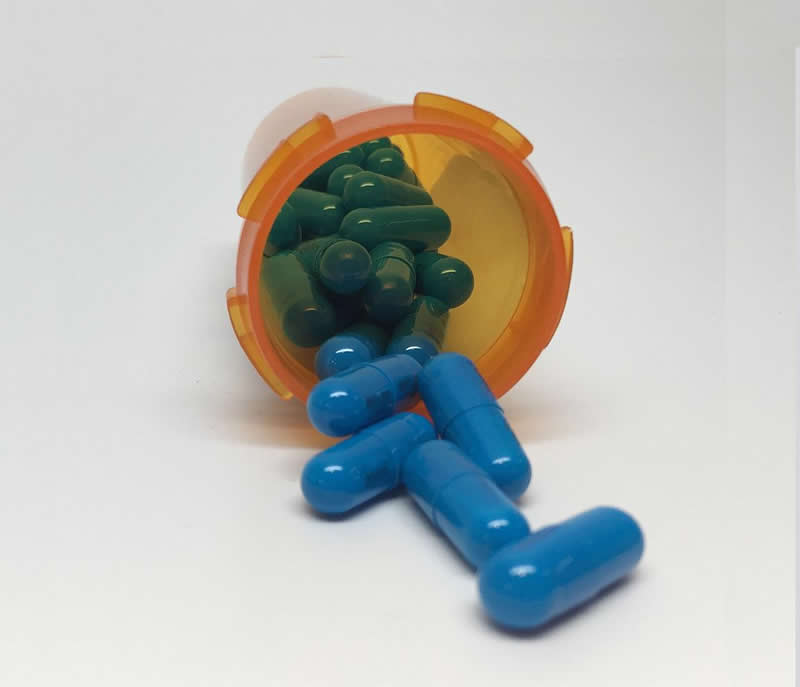Bethesda, MD-(ENEWSPF)- The National Institutes of Health reported Thursday that patient overdose deaths had a direct impact on whether clinicians would prescribe opioid drugs in the future. An NIH-funded study shows clinicians reduced prescriptions following behavioral “nudge,” that they were more likely to reduce the number and dose of opioid[Read More…]
Medical
ARCHIVES
YOU MAY ALSO LIKE:
Most Viewed
What A Former Roller Rink is Now at SD 162
6301 views






